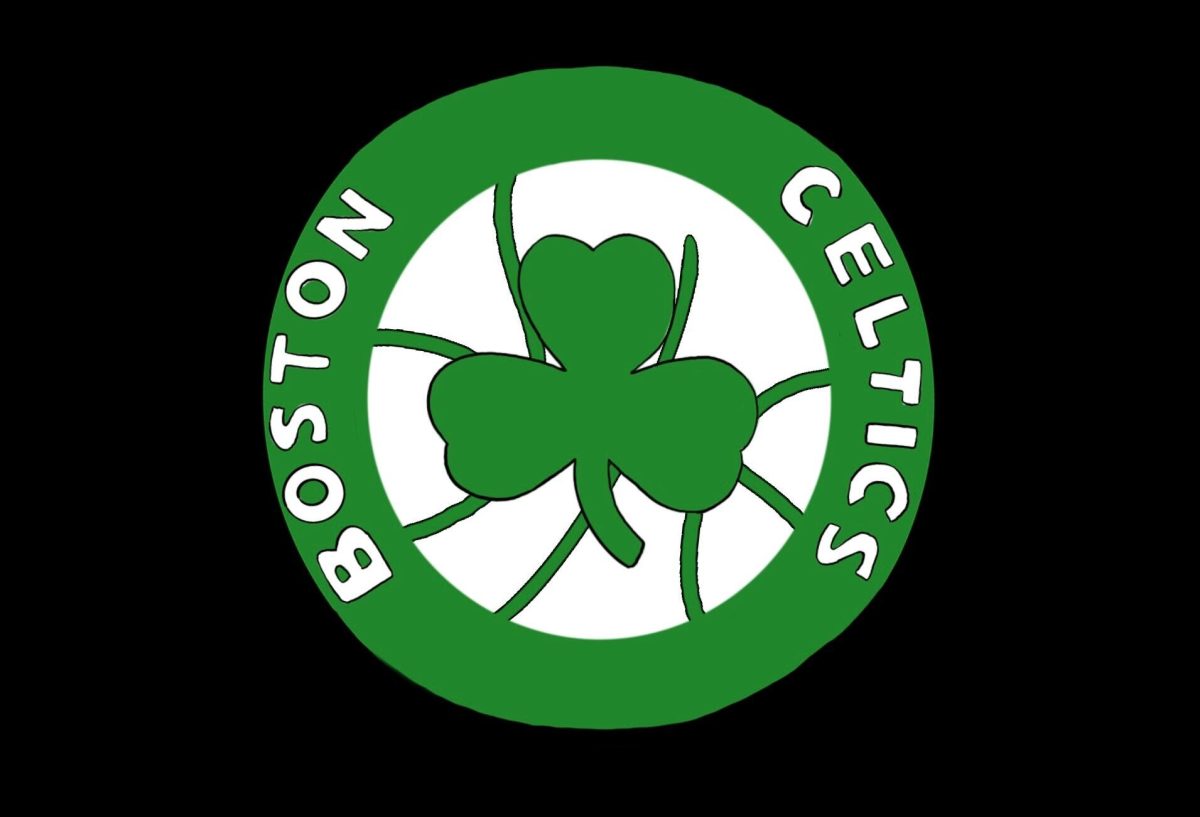By Jose Castillo, sports columnist
Like many other Cubs fans’ right now, my dad’s stress level this past week has been dictated by Chicago’s performance in this year’s World Series. My dad grew up a Cubs fan, which is interesting since he’s not from Chicago. Instead of hailing from the Windy City, my dad comes from Belize City, the largest city in the tropical country of Belize, which is an English speaking paradise nested in between Guatemala, the Yucatan Peninsula and the Caribbean Sea. My dad has never downed a Chicago style dog on Clark and Addison, but I would bet he’s piled on numerous meat pies while strolling around Swing Bridge. So how did my dad, who lived nearly 2,800 miles away from Chicago, fall for the Lovable Losers. Well, as Washington Post writer William Branigin put it in 1989, “through a quirk of geography and satellite technology, Belize has more Cubs fans per capita than any place outside greater Chicago.”
Before the advent of television broadcasting in Belize in the early 80s, locals would tune their radios to frequencies put out by the American Air Forces Radio and Television Service, and followed a number of MLB teams, including the Yankees, Dodgers, Giants, and Cardinals. Radios were Belize’s lifeline to US sports, as TVs were only used to watch VHS tapes. At the time, if someone said you sounded like a “bad Spanish radio station,” it meant you had a habit of inserting yourself into other people’s conversation.
All of this changed in 1981 when local businessman Arthur Horace, who got his start building and selling boats, and his wife Marie founded the Baymen Broadcasting company, “bayman” being the name given to early European settlers back when the country still called British Honduras. The company broadcasted on channel 9, yet failed to provide any original content of its own other than local commercials and live parade feeds. Instead, the company decided to ‘pirate’ another channel for its content, which it did by receiving and transmitting TV signals from WGN, a prominent TV station based in Chicago. In ’81, Belizeans now had access to local Chicago news, “The Jeffersons,” and most importantly, all 162 of the Cubs’ regular season games. The Cubs didn’t even have to fight for the title of Belize’s “home” baseball team; Channel 9 was one of only two channels that were on during this time.
By 1984, Belizeans were enamored with the Cubbies, celebrating when they made the playoffs that season, and subsequently grieving when they couldn’t clinch the World Series. WGN was aware that their channel was being bootlegged, however, did nothing to shut down the channel, as Belize’s market was considered to be so small that it wasn’t worth the trouble to get involved. In 1985, Cubs’ left fielder Gary “Sarge” Matthews was sent to Belize as a diplomat in part of a goodwill trip partaken by the baseball club, despite the organization’s very inadequate knowledge of the Central American country.
“I had never heard of that place, what is it called? Belize?” asked Cubs’ manager Jim Frey during an interview in 1983. Frey would go on to explain that when first told about Belize by a fellow colleague, the manager had assumed he was talking about a player, not a country.
No matter what however, Belizeans continued to be loyal fans. Belizeans living in Chicago would attend games holding signs that read “Hello, Belize!”, and it was said that you could attend a game at Wrigley, and your grandma in Belize City would be able to see you on her TV. According to a professor studying in Belize at the time, more people had gone out to see Matthews than went out to see the Queen of England during her visit in 1986.
Eventually, Belizeans started receiving more and more channels. The Lovable Losers had lost their monopoly on the Belizean people, yet there are still those like my dad who are excited about this year’s postseason. Cubs fans should take comfort in knowing that win or lose, there are others out there, especially in Belize, that will know exactly how you feel.













